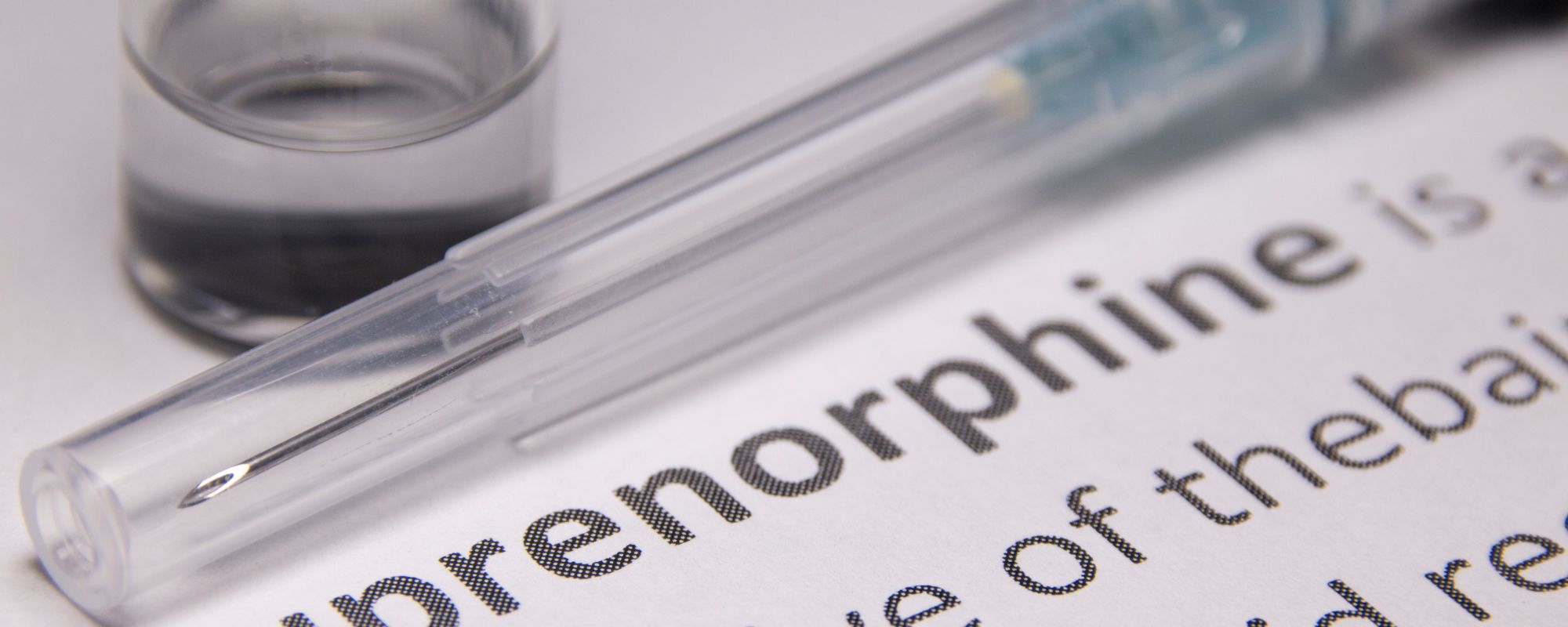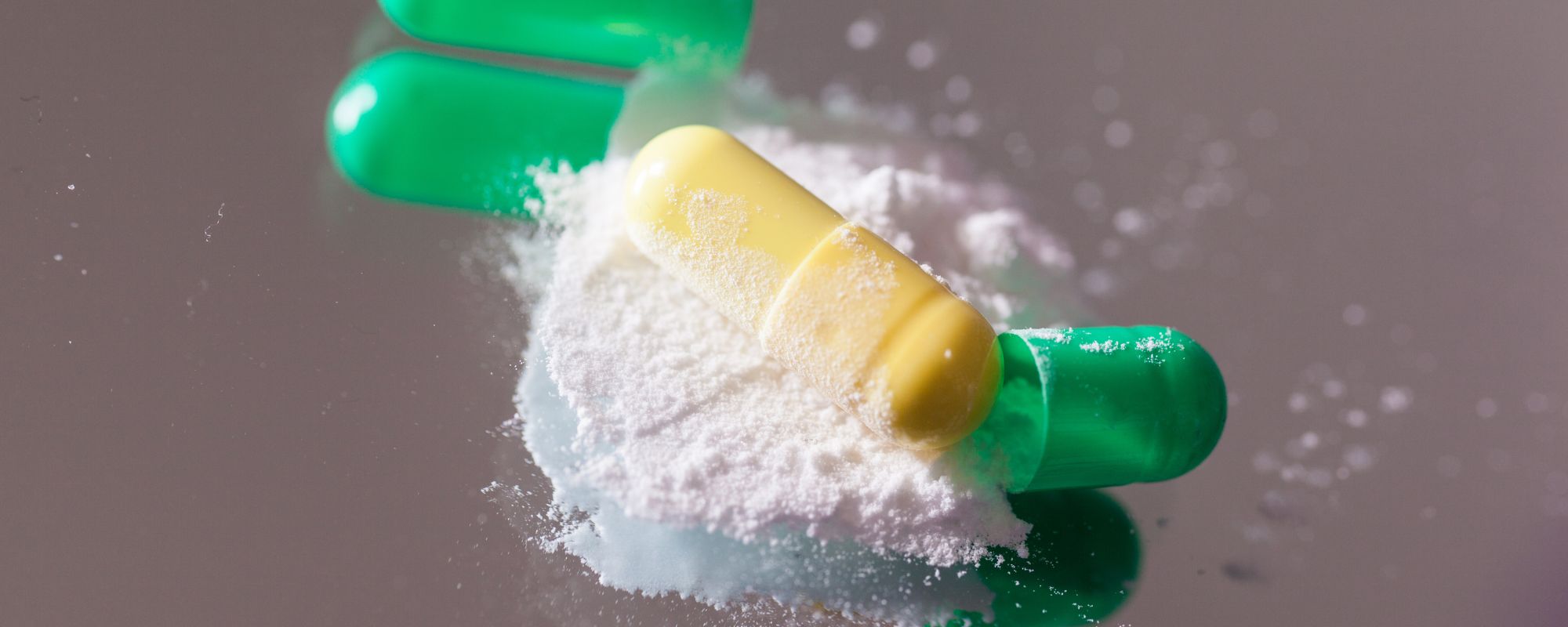Methadone clinics are places where people overcome their addiction to opioids using medication-assisted treatment, specifically a drug called Methadone. Methadone clinics provide medication to help clients manage their dependency and withdrawal symptoms. Often, the most difficult part of quitting drugs is getting through withdrawal symptoms, like cravings for the drug. As such, treatment at a methadone clinic makes the process of reaching sobriety less challenging by diminishing withdrawal discomfort.
What Is a Methadone Clinic?
A methadone clinic is a drug rehabilitation program for those struggling with substance addiction. Particularly, those who have an opioid use disorder (OUD) can find relief from their symptoms through the medication methadone. Methadone is a synthetic opioid agonist that reduces symptoms of opioid addiction, such as cravings and withdrawal. Because it is long-acting, unlike other opioids like fentanyl, heroin, and oxycodone, it can adequately replace short-term drugs.
In a methadone clinic, which is a medical detoxification center, clients are administered methadone dosage according to their unique situation and needs. Typically, methadone is used as a long-term treatment for the maintenance of opioid withdrawal. Individuals may remain on a methadone medication plan for years. In this case, they will work with a doctor to ensure their dose remains correct to prevent dependency.
What Is Methadone Used For?
As mentioned, methadone is a medication used to lessen opioid withdrawal symptoms to help people overcome opioid addiction. It also manages chronic pain, which sometimes goes hand-in-hand with drug abuse problems. It is common for people to self-medicate with substances but go too far as to develop a drug disorder.
How Do People Get Methadone?
Methadone is a Schedule II Controlled Substance, meaning it has a high potential for abuse. Thus, it must be administered by a medical professional for the treatment of opioid addiction or pain management.
How Does Methadone Affect the Brain?
As an opioid, methadone works similarly on the brain to other opioids like heroin and fentanyl. It changes the central nervous system’s response to pain by altering brain messaging. However, it doesn’t produce the fast-acting high that heroin and fentanyl do because methadone is a long-acting substance. One key difference is that it actually treats the discomfort caused by other opioids to negate their effects. Methadone blocks feelings of euphoria that other opioids create and reduces symptoms of craving and withdrawal on the comedown.
Is Methadone Dangerous?
Unfortunately, when methadone is used outside of its intended treatment, it has addictive properties that can lead to dependency. It will blunt the effect of other opioids, but when used with other substances, like methadone and alcohol, it can cause disinhibition. Some people may desire the effects of methadone. When abused, methadone has the danger of addiction.
Get confidential help from our addiction and mental health treatment facilities located across the United States. Call to join one of our quality programs today!
Speak With Our Admissions TeamWhat Are the Signs of Methadone Addiction?
Although the effect of addiction will always vary from person to person, there tend to be common signs. These methadone overdose symptoms may indicate that someone is addicted to the opioid drug.
- Nausea
- Drowsiness
- Constipation
- Changes to sex drive
- Mood changes
- Agitation
- Trouble sleeping
- Weight gain
- Hallucinations
- Irregular menstruation
- Rapid heart rate
What Is Methadone Detox Like?
Methadone detox is the right step for anyone who has abused methadone or other opioids. Depending on your circumstance, detoxification can remove traces of methadone from your body to help you achieve base sobriety. If you haven’t abused methadone but struggle with opioid addiction, detox will remove short-acting opioids from your body. Notably, methadone can be used as intended to alleviate withdrawal symptoms during the process.
Methadone Withdrawal Symptoms
Withdrawal from opioids, long- and short-acting, may include the following temporary symptoms:
- Agitation
- Sweating
- Trouble sleeping
- Anxiety
- Aches and pains
- Flu-like symptoms
- Low energy
- Nausea
- Restlessness
Methadone Detox Timeline
Detox tends to last between four and eight days, during which your health will be monitored. You may be given extra fluids and nutrients, along with comfort medication like methadone, to make withdrawal more comfortable. By the end, you will have reached a base degree of sobriety.
Preparing for Methadone Detox
The best way to prepare for detox is mentally. Know that you will be well-cared for with 24/7 supervision. Detox can be uncomfortable and difficult, but your medical team will make it as smooth as possible.
Looking for quality treatment for substance abuse and mental health that’s also affordable? Aliya Health Group's treatment facilities accept most major insurance providers. Get a free insurance benefits check now!
Check Your CoverageWho Can Help with Methadone Detox?
A treatment center plays a large role in making the detox process feel safe and fast. Aliya’s detoxification facilities are comfortable locations with state-of-the-art equipment. Our medical care team is empathetic about making the detox experience as easy as it can be.
What Are the Benefits of a Methadone Detox Center?
Detoxing in a methadone clinic provides layers of protection that you won’t have if you try to detox alone. We monitor you around the clock to ensure your vitals remain healthy. Additionally, we can administer methadone to alleviate and distract from any withdrawal symptoms.
Helping a Loved One Find a Methadone Clinic
If your loved one is battling an opioid addiction, the best way to care for them is to help set them up in a methadone treatment center. As Aliya clients, they’ll be treated like a person with a unique issue, not like a disorder. Our medication-assisted treatment programming is always tailored to the individual and their needs. Rest assured that sobriety is possible through comprehensive treatment.
Other Tips for Recovering from Methadone
Recovering from opioids is much more than detoxing them from the system. After a person achieves sobriety in their body, they need to make sobriety a personal goal in their mind. Our treatment programming combines psychotherapy and holistic therapy to help clients realize the negative thoughts and habits that are trapping them in addiction. We help clients with a number of psychiatric resources.
Recovery Support Groups
Recovery support groups are pivotal in long-term sobriety maintenance after a drug us disorder. Traditional talk therapy is evidence-based for teaching clients to overcome triggers and prevent relapse. You can find support group meetings near you through Aliya.
Holistic Lifestyle Changes
Holistic therapy is equally as beneficial as traditional talk therapy. It focuses on healing the body, mind, and spirit. We teach clients holistic lifestyle changes they can continue after rehab, such as mindfulness, nutrition counseling, yoga, and nature therapy.
Family Resources
Individuals who are recovering from an opioid addiction strongly benefit from having family support. They need to know their loved ones stand by them in order to access their internal well of resilience. Explore these addiction recovery resources to better understand what your loved one is going through and help them end substance abuse and improve their mental health.
A methadone clinic can be the step that finally allows you to leave opioid addiction in the past. Medically-assisted treatment is a valuable tool in the fight against substance abuse. Methadone maintenance is something that only a professional addiction treatment center can provide.
Reach out today to reserve a spot at one of Aliya Health Group’s opioid treatment and detox facilities.















